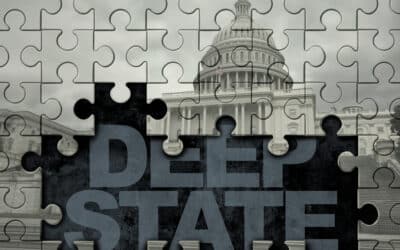Like nearly all economists, I am inclined to explain to people who favor tariffs that such taxes entail inefficiencies. They make the consummations of otherwise desirable trades more costly and hence discourage people’s actions that, absent the tariffs, would result in the creation of new wealth. After all, people who voluntarily purchase goods and services from sellers who reside outside the national borders expect to gain by making those purchases (and, of course, the sellers also expect to gain from the sale), and a gain from trade is the principal form of wealth creation in the world today. It is child’s play for an economist to explain the theory of comparative advantage, however inclined most lay people are to reject the argument despite its iron-clad logic.
Protectionism, as it is misleadingly known, has always been an insider’s game, a political gambit aimed at enriching those to whom the government is especially beholden or seeks to seduce at the expense of other people. Incumbent producers who produce products on which tariffs are imposed succeed in repelling competition by force of the government’s customs officers, which is to say that they succeed in increasing their profits by force, not by offering consumers a better deal.
Peaceful people who avoid the tariff by importing goods surreptitously are not only stigmatized as smugglers, but subjected to criminal sanctions as if they had committed real crimes such as rape or assault and battery. In this way the government not only discourages free trade, but misleads citizens in general into thinking of free trade as a criminal enterprise. What could better serve the interest of an organization—the state itself—that cannot exist except by extortion and robbery? (Of course, the government pretties up its extortion by calling it taxation and misrepresents its robbery by calling it fines, fees, and civil asset forfeitures, but renaming these coercive takings does nothing to alter their criminal essence.)
I am often tempted to point out the foregoing realities to readers or listeners while defending completely free trade, which is merely one form taken by people’s exercise of the general human right to act peacefully in one’s own best interest. I sometimes characterize protectionism as simply a type of pickpocketing disguised as not only a legitimate government policy, but also as one that serves the general public interest by promoting greater employment and overall prosperity. We have been subjected to a great deal of such economic looniness by Donald Trump and his supporters during the past year, as they have ceaselessly reiterated the worst mercantilist fallacies of the past four hundred years.
Read the rest at the Independent Institute.






























